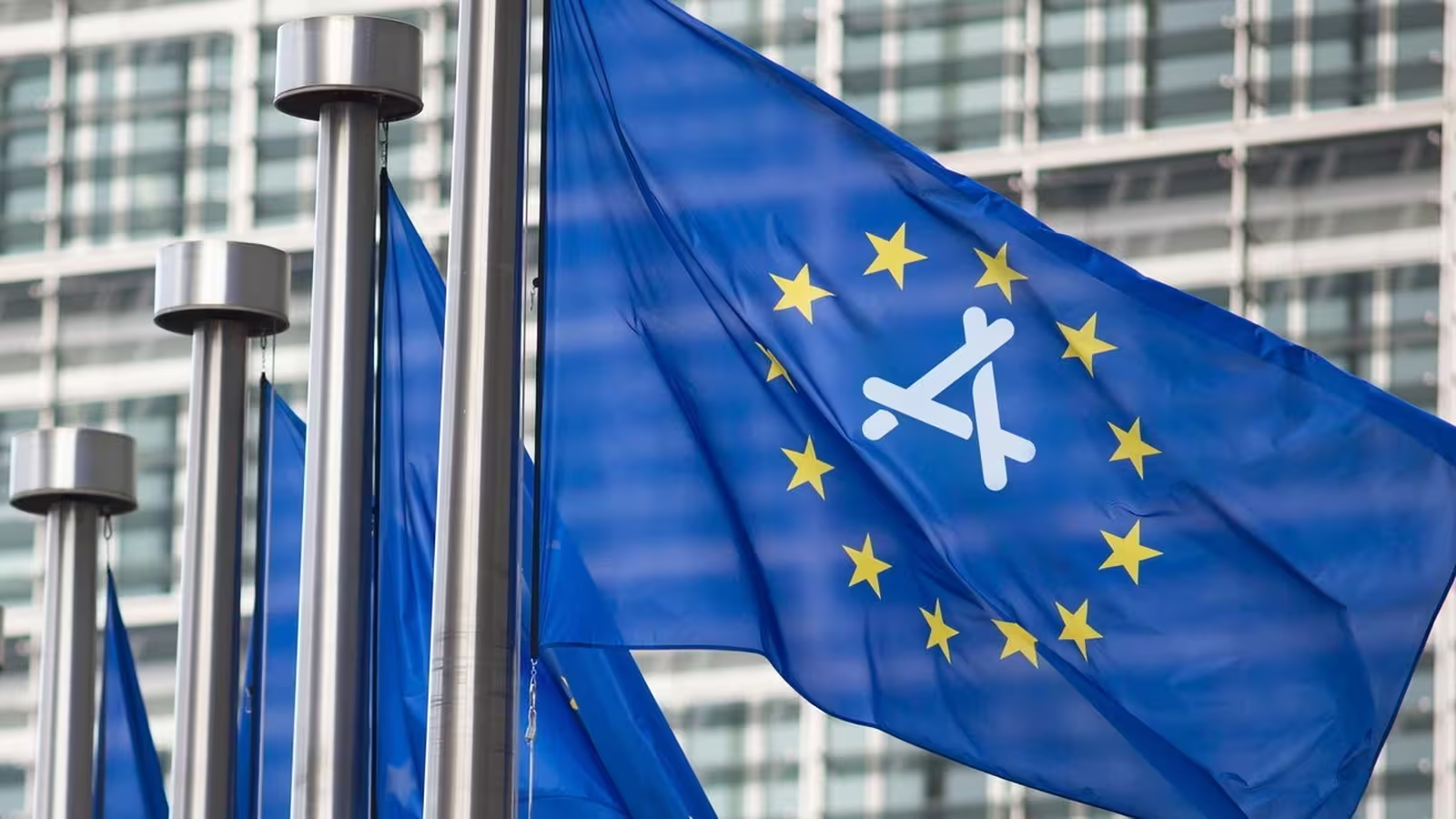3 Minutes
Apple Appeals EU Digital Markets Act Mandate
Apple has officially launched its appeal against the European Union’s mandate that compels the tech giant to freely share its proprietary technology with competitors, a move stemming from the EU’s Digital Markets Act (DMA). This legislation, designed to improve interoperability among leading digital platforms, has become a flashpoint in the ongoing debate around innovation, user privacy, and market competition.
Concerns Over User Privacy and Security
Central to Apple’s argument is the potential for increased security and privacy vulnerabilities. According to a company spokesperson, EU-enforced interoperability would require Apple to hand over sensitive user data to other technology companies, including Meta, Google, and Spotify. In practice, these firms have already begun requesting access to notification content and stored WiFi network information, sparking concerns that user data could be exposed to third parties. "These requirements could allow data-driven companies to access personal information that even Apple itself does not view," the spokesperson warned.
Impact on Product Ecosystem and Innovation
Apple maintains that its tightly integrated hardware and software ecosystem is a key distinguishing factor behind the seamless experience of iPhones, iPads, and Macs. The company argues that the EU’s requirements undermine this advantage, threatening its ability to deliver innovative products and features that set Apple apart in the global technology market. "These flawed rules uniquely target Apple and could result in a diminished user experience for European customers," the spokesperson added, emphasizing that such constraints could stifle product development and increase operational costs.
Market Relevance and Broader Implications
The appeal marks the latest chapter in Apple's broader conflict with EU regulators over digital market fairness and antitrust issues, including a recent $570 million fine. Apple asserts that it has repeatedly sought feedback and meaningful consultation with EU authorities, without significant response.
Apple’s December 2024 white paper further highlights the risks of "abusing the DMA’s interoperability mandate," noting that Meta (Facebook's parent company) has submitted more data-sharing requests than any other competitor—some of which, Apple claims, do not appear relevant to Meta’s own software or platforms.
Comparisons and Use Cases
While Apple's ecosystem is renowned for its user privacy protections and seamless integration, its competitors argue that greater interoperability benefits consumers with wider choice and flexibility. The DMA intends to level the playing field by reducing user lock-in, but Apple warns that such rules could ultimately undermine user trust and product security.
The Road Ahead
As the legal proceedings unfold, the tech world is watching closely. The outcome of Apple’s appeal could reshape the landscape for digital platforms across Europe and set a precedent for technology sharing and digital privacy standards worldwide.
Source: appleinsider


Leave a Comment